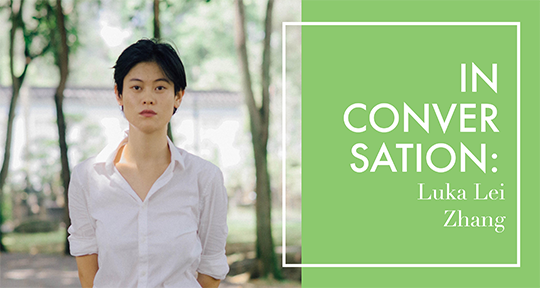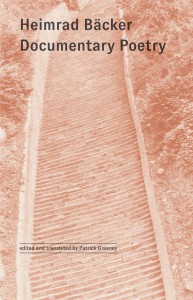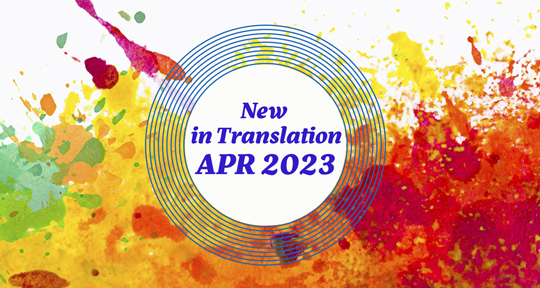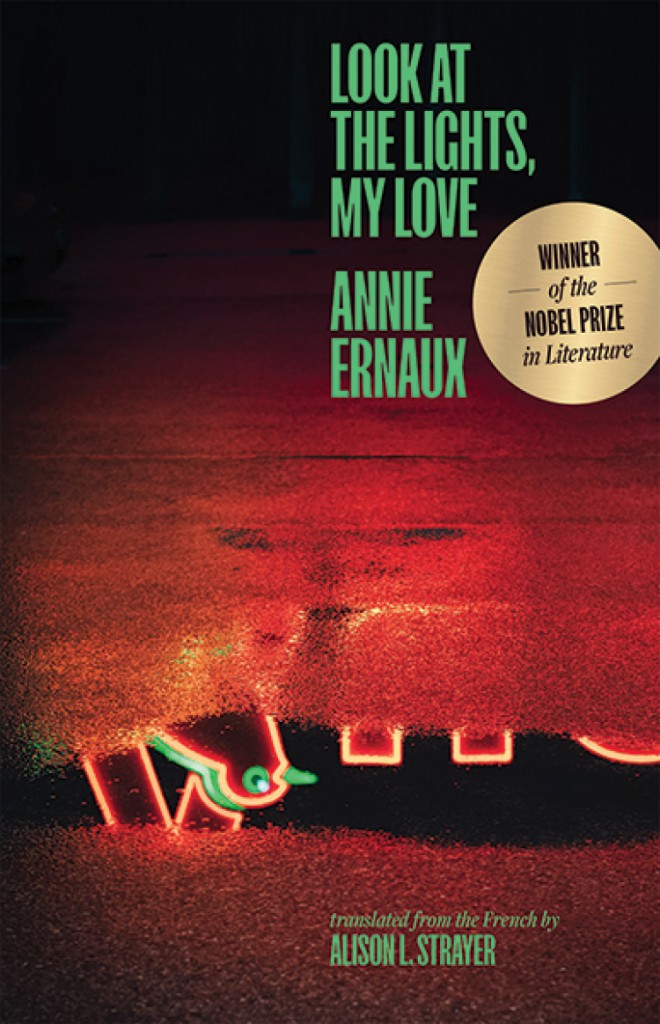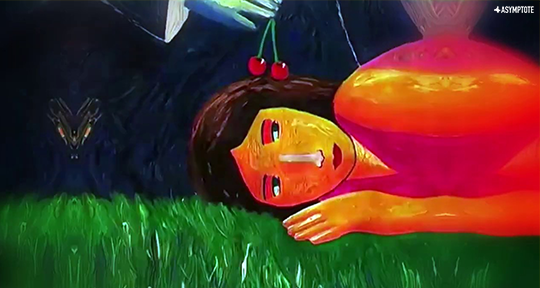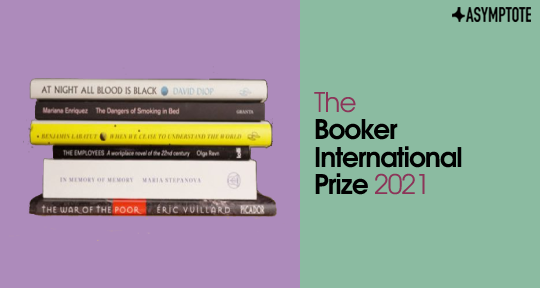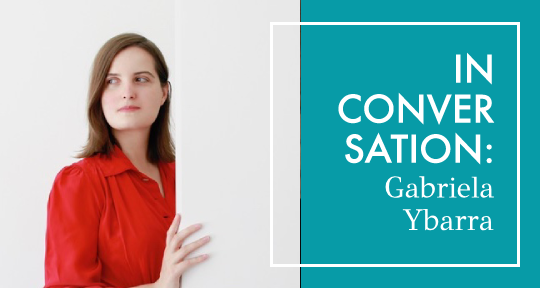Through the lens of comparative literature, the ancestry of working-class writings and the literature of labour trails from Russian novelist Maxim Gorky’s Maть (Mother, 1906) to South Africa’s Black migrant theatre, from the oeuvre of Argentine poet Elías Castelnuovo to the biographies of working-class Irish writers, and includes the many proletarian writers collectives springing up in response to the social moment: France’s Socialisme ou Barbarie, Japan’s Puroretaria bunka undō and Nihon Puroretaria Sakka Dōmei, Sri Lanka’s Dabindu, and United Kingdom’s ‘The Fed’ or the Federation of Worker Writers and Community Publishers.
As Macau-based Chinese scholar-translator Dr. Luka Lei Zhang writes in The Routledge Companion to Working-Class Literature (2024), the literary production of contemporary Asian workers ‘are often subjected to intricate social forces and power dynamics’, and it ‘would be a mistake to reduce these contradictions to simple good/bad, political/apolitical, and individual/collective oppositions’. It is this simplistic dichotomy that is contested by Asian Workers Stories, an anthology of fiction and nonfiction prose produced outside the fortresses of the canon, the middle-class literati, and the academe. Dr. Zhang, the anthology’s editor, brings her expertise as a scholar (and at-times translator) of working-class writers Chong Han, Tan Kok Seng, and Md Sharif Uddin of Singapore, as well as Mengyu, Wan Huashan, and Shengzi of China. In a 2023 interview, she confessed: ‘Personally and politically, working-class literature holds a special place in my heart’, going on to name Gorky, Annie Ernaux, Xu Lizhi, Takiji Kobayashi, and Filipino migrant worker-poet Rolinda Onates Española as her favourites.
In this interview, I spoke with Dr. Zhang on migrant workers writing from East Asia, Southeast and South Asia, and the Middle East, as well as the expansion of working-class writings within the larger body of the Asian literary canon.
Alton Melvar M Dapanas (AMMD): Cheers to the anthology Asian Workers Stories! Apart from wanting to contribute a new dimension to Asian working-class literature (considering most existing books are either scholarly or poetry collections originally written in English), what are other motivations that impelled the creation of this anthology?
Luka Lei Zhang (LLZ): I’ve worked on workers’ writings for several years and have encountered many great storytellers. Although several anthologies of workers’ poetry exist, short stories are translated and collected on a lesser basis. My main goal was to organise the writers in this region and, in this way, show that their work is valued and that they do not write alone. I am fortunate to know many Asian worker writers personally, which had allowed me to approach them and discuss the project, and their interest and encouragement motivated me to pursue the work further. I met Hard Ball Press’s publisher, Tim Sheard, at the Working-Class Studies Conference in 2019. He invited me to publish working-class writings with him—and that’s how it happened. READ MORE…

